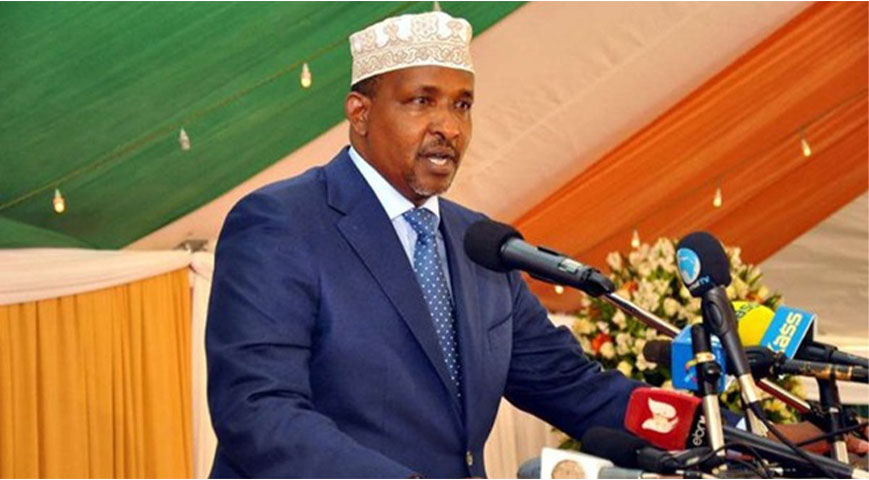The Ministry of Environment, Climate Change, and Forestry has announced a public consultation on a proposed Environmental Restoration Fee.
This initiative is part of the government's response to Kenya's escalating environmental challenges, including pollution, biodiversity loss, and climate change impacts.

The ministry's public notice, issued on Tuesday, highlighted that Kenya's Constitution guarantees the right to a clean and healthy environment, placing a responsibility on the government and citizens to safeguard the nation’s natural resources.
Did you read this?
However, the country is currently grappling with severe environmental crises. Pollution is intensifying biodiversity loss, and Kenya generates about 25,000 tons of solid waste daily, much of which is poorly managed.
The ministry expressed concern that much of this waste ends up in rivers or open dumpsites, posing severe threats to public health and the environment.

Despite having several laws in place, such as the Environmental Management and Coordination Act and the Sustainable Waste Management Act of 2022, Kenya faces financial challenges in addressing these issues.
The ministry pointed out that while Extended Producer Responsibility (EPR) obligations exist, they do not fully address waste management after consumption. Processes like recycling and incineration still leave residual waste that needs proper disposal.
The government is introducing the Environmental Restoration Fee to address this gap. The fee will focus on funding waste management infrastructure, ecosystem restoration, pollution control, and green technology research.
This fee will target imported finished products that contribute significantly to waste generation.
The ministry is encouraging public participation in shaping this policy. Citizens are invited to submit comments by September 25, 2024. Feedback can be emailed to the Principal Secretary at [email protected].









